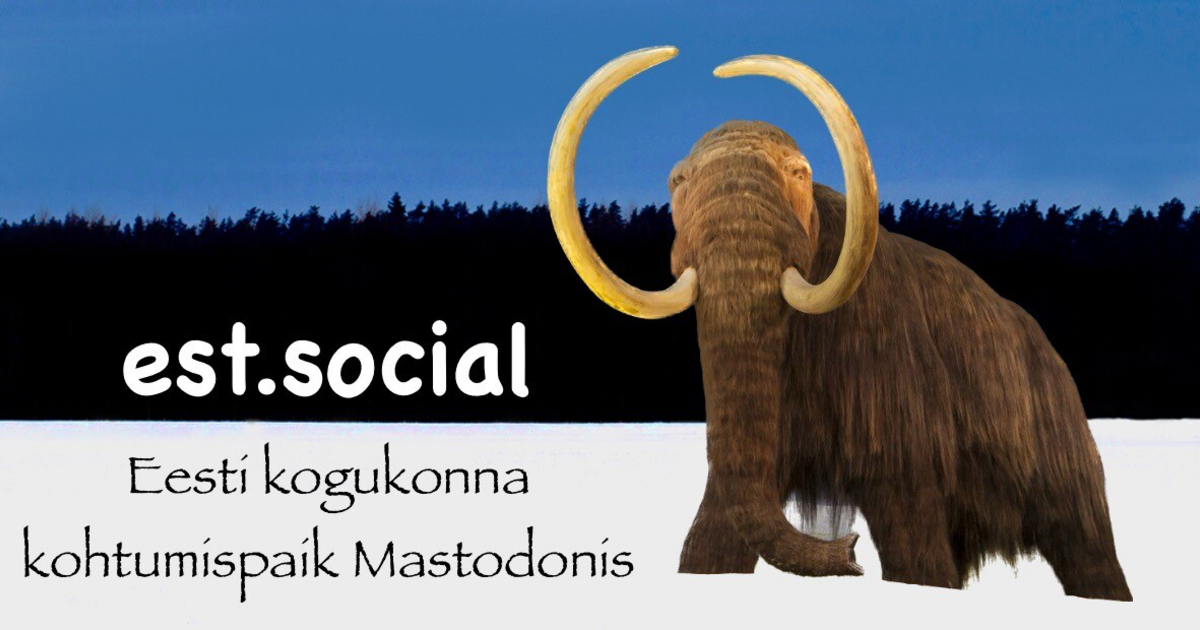Kettu<p>Join us on Zoom for a <br>Research Symposium on Theorising Care: Political Economy, Vulnerability, Rights, and Responsibilities </p><p>Wednesday 2nd April 2025, from 2:00pm until 5:00pm. (Dublin Time)</p><p>At University of Galway and on Zoom:<br><a href="https://universityofgalway-ie.zoom.us/j/92920434911" rel="nofollow noopener noreferrer" translate="no" target="_blank"><span class="invisible">https://</span><span class="ellipsis">universityofgalway-ie.zoom.us/</span><span class="invisible">j/92920434911</span></a></p><p>Talks by Professors Diane Elson, Kathleen Lynch and Martha Fineman & time for discussion<br>All are welcome, just turn up! <br>DM me for more information</p><p><span class="h-card" translate="no"><a href="https://a.gup.pe/u/academicchatter" class="u-url mention" rel="nofollow noopener noreferrer" target="_blank">@<span>academicchatter</span></a></span> <br><a href="https://mastodon.green/tags/fediScience" class="mention hashtag" rel="nofollow noopener noreferrer" target="_blank">#<span>fediScience</span></a> <a href="https://mastodon.green/tags/care" class="mention hashtag" rel="nofollow noopener noreferrer" target="_blank">#<span>care</span></a> <a href="https://mastodon.green/tags/PoliticalEconomy" class="mention hashtag" rel="nofollow noopener noreferrer" target="_blank">#<span>PoliticalEconomy</span></a> <a href="https://mastodon.green/tags/Politics" class="mention hashtag" rel="nofollow noopener noreferrer" target="_blank">#<span>Politics</span></a> <a href="https://mastodon.green/tags/politicalTheory" class="mention hashtag" rel="nofollow noopener noreferrer" target="_blank">#<span>politicalTheory</span></a> <a href="https://mastodon.green/tags/SocialTheory" class="mention hashtag" rel="nofollow noopener noreferrer" target="_blank">#<span>SocialTheory</span></a></p>
Viimatised otsingud
Pole viimatisi otsinguid
Otsimisvalikud
Saadaval vaid kui sisse logitud.
est.social on üks paljudest sõltumatutest Mastodoni serveritest, mida saab fediversumis osalemiseks kasutada.

est.social on mõeldud Eestis üldkasutatavaks Mastodoni serveriks.
est.social is meant to be a general use Mastodon server for Estonia.
Administraator:
Serveri statistika:
83aktiivsed kasutajad
est.social: Teave · Profiilikataloog · Isikuandmete kaitse
Mastodon: Teave · Tõmba äpp · Kiirklahvid · Lähtekood · v4.3.6+est
#politicaltheory
0 postitusega · 0 osalejaga · 0 postitust täna
Early Modern Diplomacy<p><span class="h-card" translate="no"><a href="https://mastodon.social/@FAU" class="u-url mention" rel="nofollow noopener noreferrer" target="_blank">@<span>FAU</span></a></span> <span class="h-card" translate="no"><a href="https://historians.social/@womenknowhistory" class="u-url mention" rel="nofollow noopener noreferrer" target="_blank">@<span>womenknowhistory</span></a></span> <span class="h-card" translate="no"><a href="https://a.gup.pe/u/histodons" class="u-url mention" rel="nofollow noopener noreferrer" target="_blank">@<span>histodons</span></a></span> <span class="h-card" translate="no"><a href="https://a.gup.pe/u/earlymodern" class="u-url mention" rel="nofollow noopener noreferrer" target="_blank">@<span>earlymodern</span></a></span> </p><p>In a first step, Félicité looks into contemporary theory on the right of legation that was closely linked to debates on sovereignty, thereby discussing authors such as Jean Bodin and Gottfried Wilhelm Leibnitz. While in theory the right of legation was linked to sovereign power, there were a lot of actors who did not have full sovereignty according to theory, but who clearly acted diplomatically. (3/5)</p><p><a href="https://hcommons.social/tags/politicaltheory" class="mention hashtag" rel="nofollow noopener noreferrer" target="_blank">#<span>politicaltheory</span></a> <a href="https://hcommons.social/tags/emdiplomacy" class="mention hashtag" rel="nofollow noopener noreferrer" target="_blank">#<span>emdiplomacy</span></a> <a href="https://hcommons.social/tags/earlymodern" class="mention hashtag" rel="nofollow noopener noreferrer" target="_blank">#<span>earlymodern</span></a></p>
Polylect<p>Ok, we're at <a href="https://mastodon.social/tags/Weber" class="mention hashtag" rel="nofollow noopener noreferrer" target="_blank">#<span>Weber</span></a>'s concept of <a href="https://mastodon.social/tags/patrimonialism" class="mention hashtag" rel="nofollow noopener noreferrer" target="_blank">#<span>patrimonialism</span></a>, we don't need to go to <a href="https://mastodon.social/tags/Arendt" class="mention hashtag" rel="nofollow noopener noreferrer" target="_blank">#<span>Arendt</span></a>'s <a href="https://mastodon.social/tags/totalitarianism" class="mention hashtag" rel="nofollow noopener noreferrer" target="_blank">#<span>totalitarianism</span></a> (yet) to analyse the <a href="https://mastodon.social/tags/UZA" class="mention hashtag" rel="nofollow noopener noreferrer" target="_blank">#<span>UZA</span></a>. That's good, ain't it?</p><p>"In its governmental guise, patrimonialism is distinguished by running the state as if it were the leader’s personal property or family business. It can be found in many countries, but its main contemporary exponent—at least until January 20, 2025—has been Vladimir Putin."<br><a href="https://www.theatlantic.com/ideas/archive/2025/02/corruption-trump-administration/681794/" rel="nofollow noopener noreferrer" translate="no" target="_blank"><span class="invisible">https://www.</span><span class="ellipsis">theatlantic.com/ideas/archive/</span><span class="invisible">2025/02/corruption-trump-administration/681794/</span></a></p><p><a href="https://mastodon.social/tags/Trump" class="mention hashtag" rel="nofollow noopener noreferrer" target="_blank">#<span>Trump</span></a> <a href="https://mastodon.social/tags/politicaltheory" class="mention hashtag" rel="nofollow noopener noreferrer" target="_blank">#<span>politicaltheory</span></a> <a href="https://mastodon.social/tags/corruption" class="mention hashtag" rel="nofollow noopener noreferrer" target="_blank">#<span>corruption</span></a> <a href="https://mastodon.social/tags/Putin" class="mention hashtag" rel="nofollow noopener noreferrer" target="_blank">#<span>Putin</span></a> <a href="https://mastodon.social/tags/ruzzia" class="mention hashtag" rel="nofollow noopener noreferrer" target="_blank">#<span>ruzzia</span></a></p>
AvastaLaiv lõimed
Mastodon on parim viis olemaks kursis sellega, mis toimub.
Jälgi ükskõik keda kogu fediversumist ja näe kõike ajalises järjestuses. Ei mingeid algoritme, reklaame või klikipüüdjaid segamas.
Loo kontoLogi sisseLohista & aseta üleslaadimiseks
